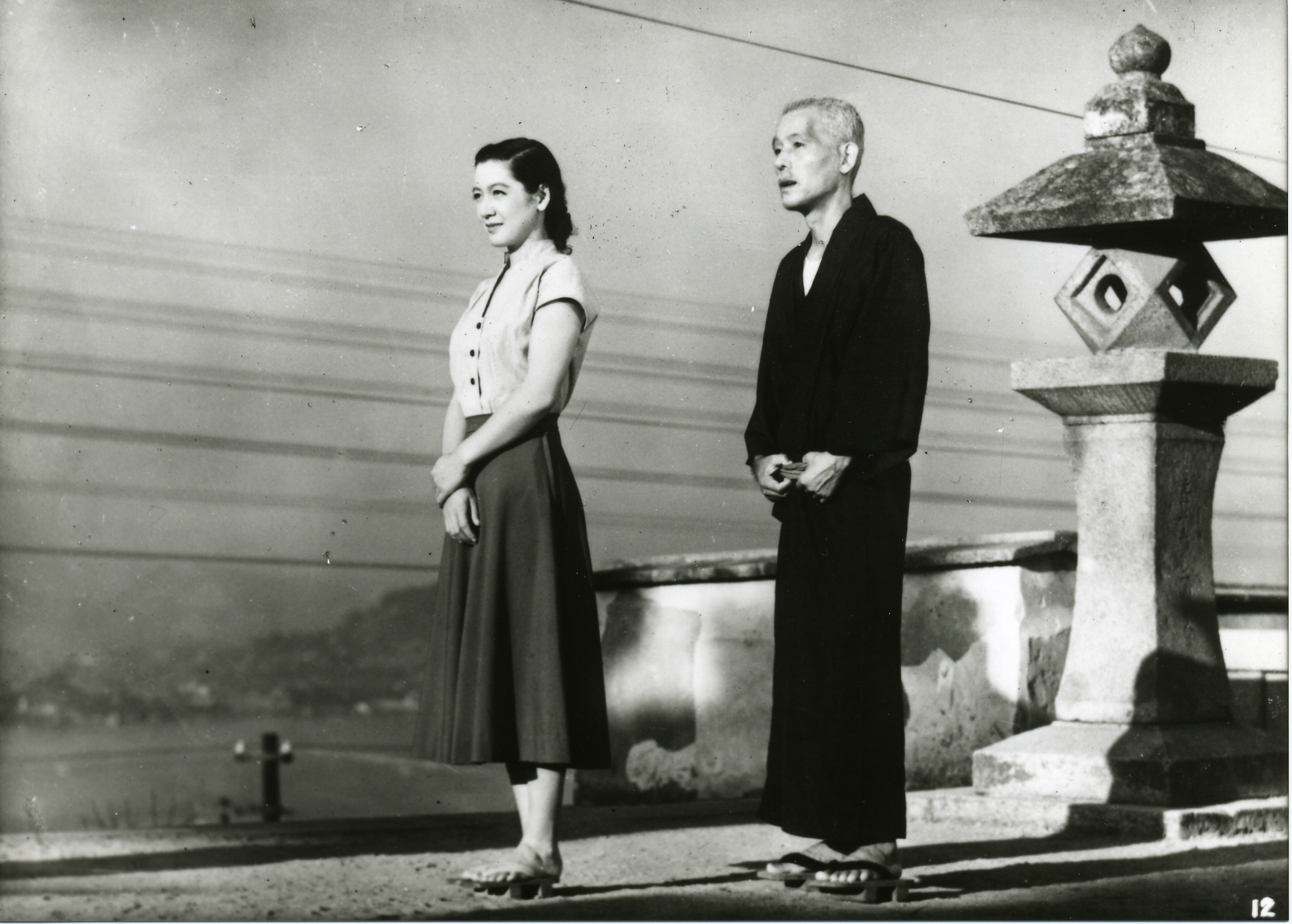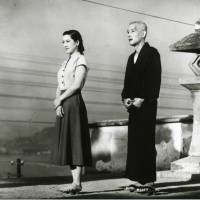Jinbocho is one of the last remaining districts in Tokyo that retains a neighborhood feel. Dedicated to books, it has a large cluster of second-hand bookshops and is dotted with ancient coffee shops, including Saboru and Milonga. It's also known for showing wildly difficult movies at venues such as Iwanami Hall. In fact, Jinbocho has always sported an intellectual ambience, making it the favored stomping grounds of many authors, theater people, art collectors and film buffs.
One more reason to stroll over to the area is the intriguing arthouse Jinbocho Theater. Showcasing works from the Showa Era (1926-1989), the space is a magnet for fans of the period as well as for those nostalgic for that time when both Japan and its movies were darker and naughtier. Interestingly, millennials also seem drawn to Jinbocho Theater and its monthly themed lineups, showing up on weekends to join the 60- and 70-year-olds waiting to buy tickets.
As of this moment, Jinbocho Theater is wrapping up a "Train and Railways" theme. From Aug. 27, and lasting throughout the month of September, it will be hosting a Setsuko Hara retrospective to commemorate the first anniversary of the actress' death. Hara is a Showa symbol best known for her role in Yasujiro Ozu's classic "Tokyo Story." In 1963 she quit acting at the age of 43 and was never seen in public again. How's that for "Showa Cool"?
All films shown at Jinbocho Theater are in Japanese only. For more information, visit bit.ly/jinbochotheater.




